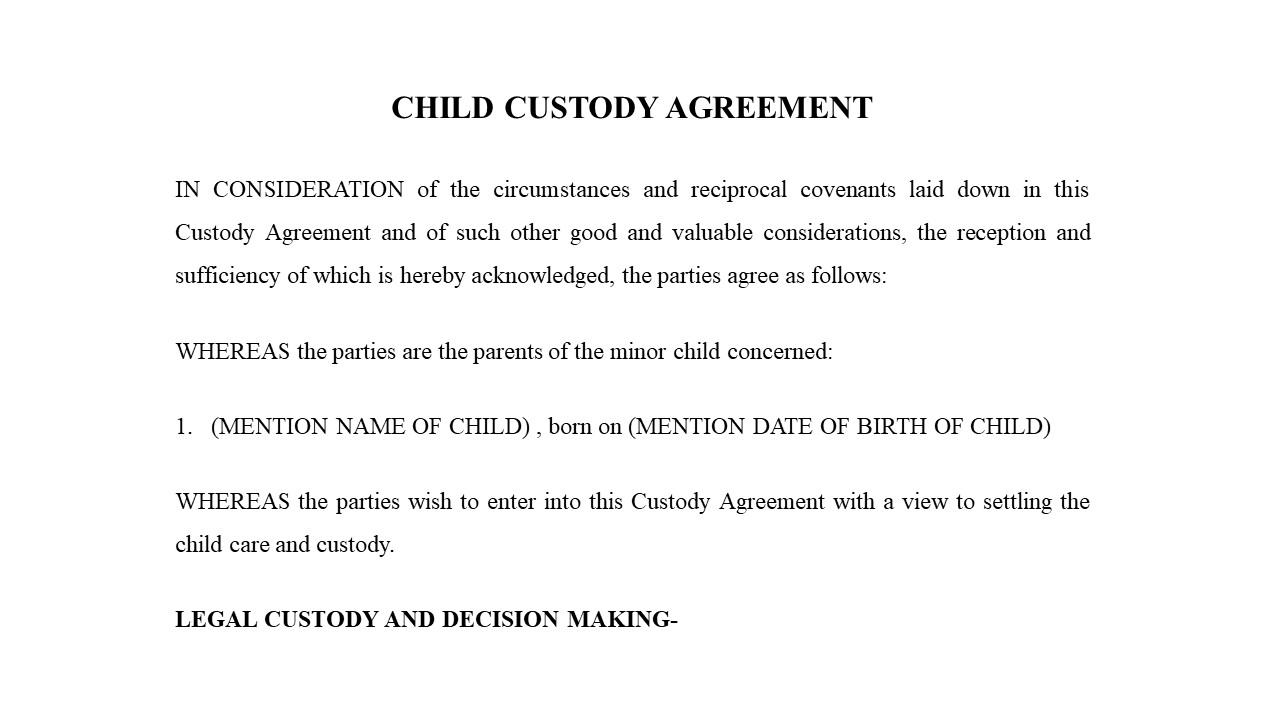Reviews
M.R.P. : ₹ 354.00
(Inclusive of all taxes)
Details
- Product Description: Format of Child Custody Agreement by Phenix Bay Legal The Format of Child Custody Agreement by Phenix Bay Legal is a comprehensive and legally sound document that facilitates parents or legal guardians in creating a formal agreement regarding the custody and care of their minor child. Developed by legal experts at Phenix Bay Legal, a reputable law firm renowned for its expertise in family law matters, this format offers a structured and customizable template for outlining custody arrangements, visitation schedules, and other essential provisions related to the child's well-being. Key Features: Clarity and Structure: The format provides a clear and well-organized structure, making it easy for parents to define custody rights, responsibilities, and visitation schedules with precision and clarity. Customizability: Phenix Bay Legal ensures that the format is highly customizable to cater to the unique circumstances and preferences of each family. Parents can tailor the agreement to suit their specific needs while adhering to the requirements of Indian law. Comprehensive Content: The document covers various crucial aspects of child custody, such as physical custody arrangements, legal custody decisions, visitation rights, communication protocols, and provisions for the child's welfare and education. Legal Validity: The format is meticulously designed to align with the legal requirements of child custody agreements in India, making it a legally valid and enforceable document. Expert Drafting: Developed by legal professionals with expertise in family law, the format ensures that it complies with the relevant Indian laws and regulations, enhancing its credibility in courts and legal proceedings. Legality as per India Law: The legality of the Child Custody Agreement format by Phenix Bay Legal is firmly established under Indian law. In India, child custody matters fall under the purview of personal laws, such as the Hindu Minority and Guardianship Act, 1956, the Guardians and Wards Act, 1890, and the Muslim Personal Law. The format is crafted to align with the specific provisions of these laws and other applicable regulations, ensuring that the agreement is legally valid in Indian courts. However, it's essential to note that child custody agreements can differ based on individual religious and cultural practices in India. For instance, Hindu and Muslim families may have distinct guidelines for custody arrangements. Consequently, the format is designed to be flexible and adaptable to accommodate these variations while remaining within the boundaries of the law.
